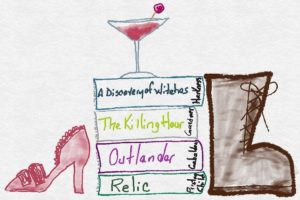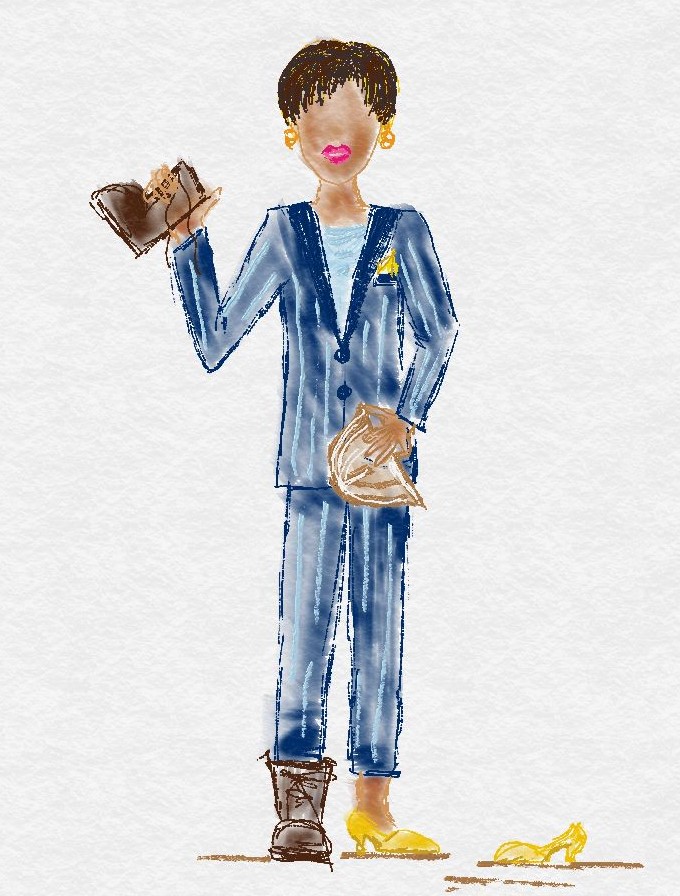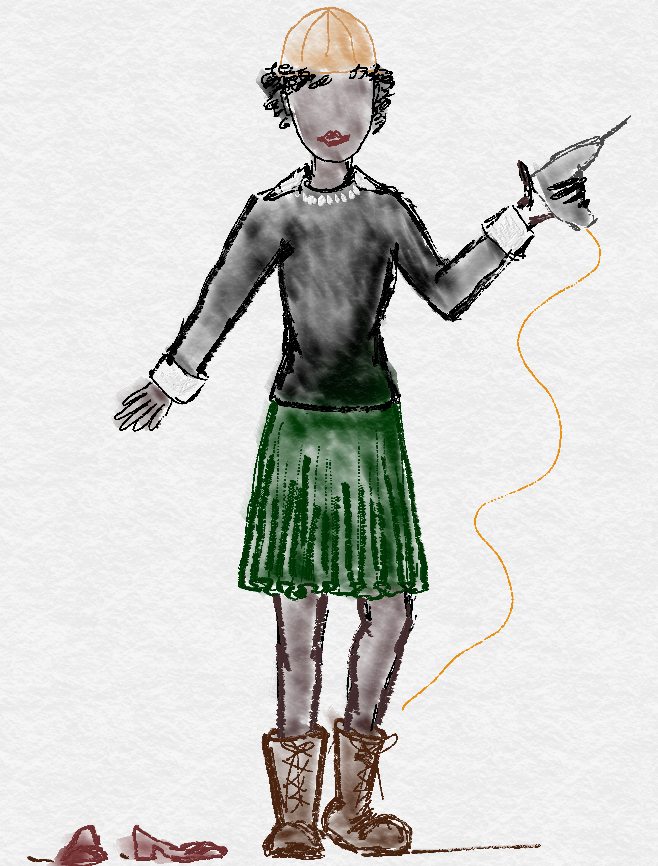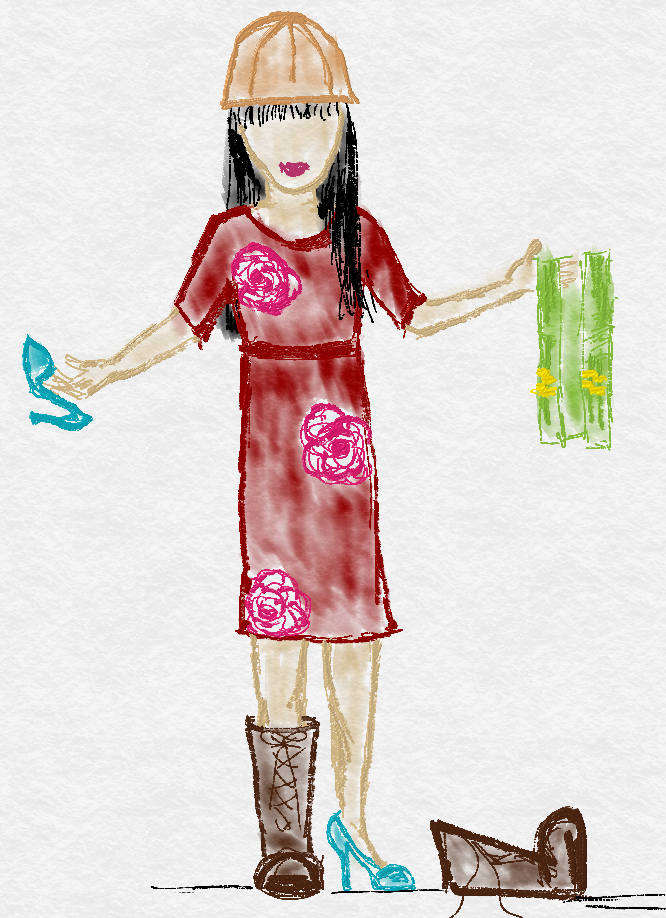Well Read
Booking an Adventure

I am a nerdy fan of any type of personality test. I love evaluations like Myers-Briggs, and I’m fascinated even by scientifically unsupported associations like astrology. We all know that psychology is a soft science, and the interpretations and nuances are never-ending. Plus, I am constantly intrigued by people.
To that end, I am obsessed with behavioral patterns and likes/dislikes that define people’s personalities. If you happen to land in a discussion with me and a group of people at a cocktail party, I almost certainly will ask you, “What’s your favorite movie?” or some similar question. I love to view people through their preferences.
One of my favorite questions is, “What do you read?” You don’t even need to be stuck with me over cocktails to be presented with this query. I might bump into you on the escalator at Macy’s and ask. Why? Because I love to read, and because an individual’s reading material is a window into not just their* soul, but into their situation in life. We read for so many reasons, to fill needs that are perennial as well as immediate. When someone tells me what they read, I learn two things. I understand more about their inner workings, and I get a possible lead on good reading material.
For me, reading most often balances the very very left brain environment of my daily work day. I read almost entirely fiction, unless it’s a cookbook or a gardening book. I currently am reading The Code Book, by Simon Singh, about the history of codes and ciphers, but this is very unusual. Don’t give me a biography, a discussion about the current economic/political climate, or anything scientific. I live that all day. And if you hand me any type of self-help book, I’ll assume you don’t want to be friends.
Over the years, I have noticed a number of trends in my reading, and they all mostly serve my intellectual and emotional needs. The protagonists in my books are usually female. Typically there is some form of romance, even if it’s incidental or a very small sub-plot. Often there is some type of scientific or fantastic angle. I hate books with jaded, bitter, or otherwise fundamentally negative protagonists. There are definitely books in my rotation that some might call fluff or trash. (My dad does). And the ending MUST be at least marginally happy. If someone is going to die or the world is going to turn dystopian, keep that nonsense to yourself.
One of my absolute favorite series, and some of my all-time favorite reads, are the Outlander books by Diana Gabaldon. Do I love these because they’re dramatic and one of the main characters is a 6-foot gorgeous Scot from the 1700s? Of course – do I look stupid? But I identify with these books mainly because I think Gabaldon has created one of the truly complete female characters in recent literature. Claire Fraser – nurse, then doctor, wife, counter-revolutionary, counselor, spy, advisor, mother – has been painted with a depth and a subtle feminism that is unusual even in current fiction. She goes about her medical duties with only the knowledge that she wants to heal people. She doesn’t get bogged down in whether a woman should be doing these things, even when others around her do, and she doesn’t make a crusade of it. Her character embraces adventure and doesn’t get whiny when she is uncomfortable. She is not afraid to show emotion, and she doesn’t feel diminished by the fact that she loves her husband so much that she willingly dramatically alters her life for him. She isn’t afraid to express her opinions, even when it makes a situation uncomfortable, but she is sensitive to the constraints and cultural limitations of people around her. I truly feel reinforced when I read these books because the heroine controls her own destiny.
Some books have proven to illustrate the perceptions of women in certain roles in our society, and I have read these as information on the thinking of people I deal with every day. Sara Paretsky, author of the V.I. Warshawski books, wrote into one of her novels a scene in which Warshawski, the private detective heroine, wanted to go unnoticed so she donned a hard hat and a clip board. I laughed for 20 minutes and then e-mailed the author and assured her the easiest way for a woman to be noticed is to wear a hard hat and carry a clip board. She actually responded and said she was surprised, but that just goes to show what the average person doesn’t know about being a woman in a field populated primarily by men. Amen, sister.
My search for new and interesting books that help me to fill in all those divots and blank spots in my life, for books that inspire me and those that give me hope, will not end until I can no longer read. I should mention that I also read piles of magazines, blogs, and a variety of other on-line publications. Thoughts and words are seeds that grow into beautiful and interesting actions and emotions. All of these sources help me to navigate the path that I’m following, and I know I am not alone in this practice.
So, here we are in this burgeoning online community of smart women and men who are the Underpinnings cocktail party. Before I go to refresh my pomegranate martini, you know what my inevitable question will be. What do you read?
(Author’s Note: Helen has assured me that the use of the singular “they” is now acceptable in mainstream publications and using he/she is awkward and passé. I feel very certain that Sister Mary Prisca Pfeffer would not agree and will rise from her grave and smite me. My death will be on Helen’s head).



2 Responses to Well Read